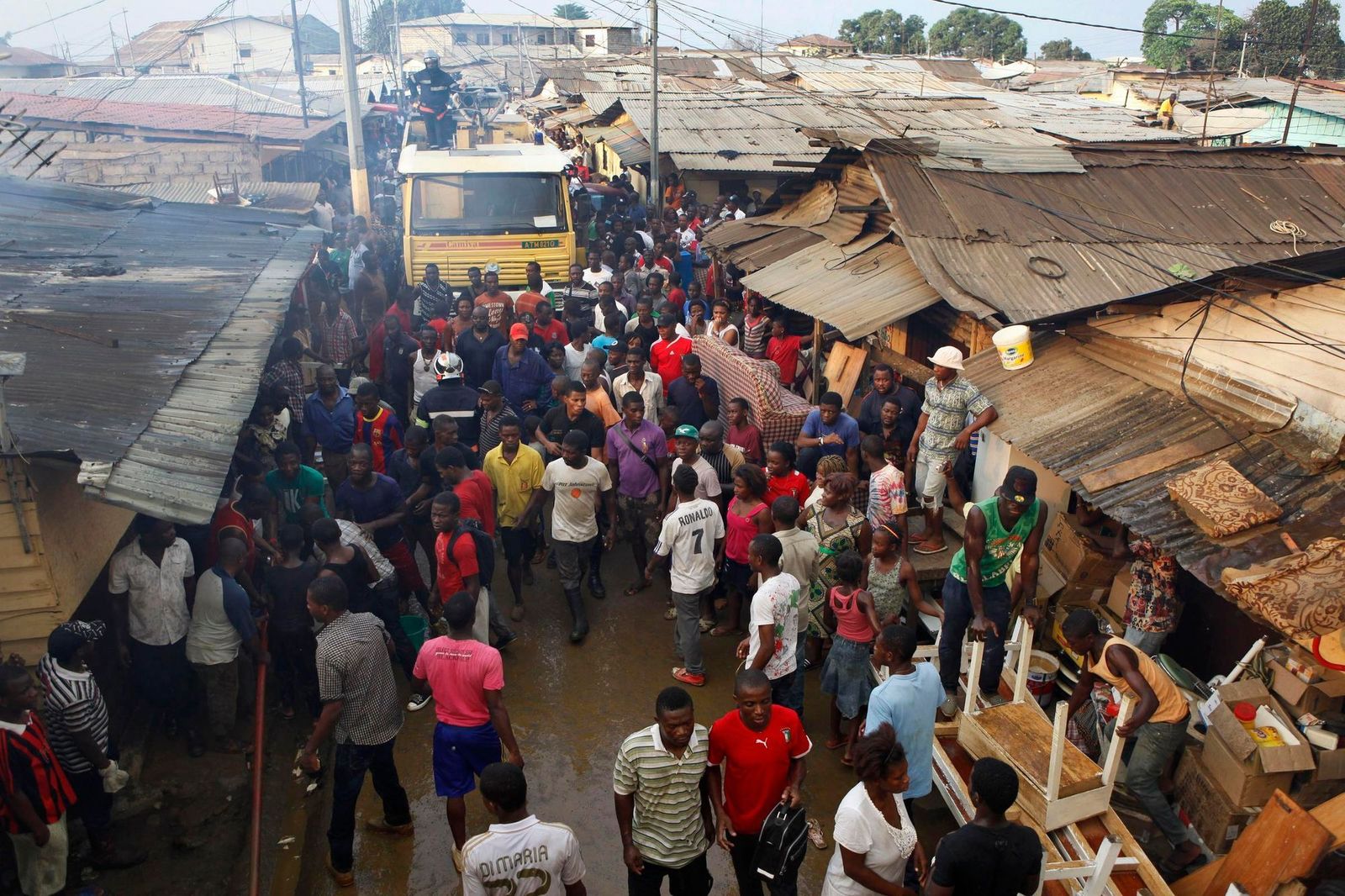Just as one man's actions set off revolution in Tunisia and then Egypt, so a writer's hunger strike can change Equatorial Guinea
The exuberance of people power emanating recently from the Middle East has made us think of all the places on earth where people desperately need more power. Places where people live under repression, without free or fair elections, without the just distribution of wealth, access to basic civic rights, representation, justice or recognition. Places where people can "disappear", where torture is endemic and where censorship is rife and dictators milk the people of their rightful wealth. Places of fear.
On 11 February in Equatorial Guinea, a writer by the name of Juan Tomás Ávila Laurel embarked on a hunger strike to claim justice and democracy for his people, too. The despotic ruler of Equatorial Guinea, Teodoro Obiang, has been in power since seizing it from his uncle Francisco Macías, another dictator who took power after the country gained independence from Spain. Massively rich in crude oil, the wealth of the nation lies in the hands of a minority elite while most Guineans suffer the indignities of hardship, repression and an appalling record on human rights – not to mention one of the lowest levels of development in Africa. Oil companies do business with the likes of Obiang and family, who are well served by the income generated from the country's rich natural resources. To quote Human Rights Watch, the "dictatorship under President Obiang has used an oil boom to entrench and enrich itself further at the expense of the country's people''.
Ávila Laurel is the author of more than a dozen works and a well-known writer in Spanish. He is one of very few intellectuals in a country where poverty is rife. In a desperate bid for democracy, he has written an open letter to José Bono, president of the Spanish Congress of Deputies, on the occasion of the latter's official visit to Malabo, requesting Spain to oversee a transition to democracy.
Much of this writer's efforts have been focused over the years on trying to dislodge dictatorship and instil democracy. Only this February, though, did he go so far as to embark on a hunger strike in this struggle. He has now travelled to Spain. "We all need to push," he says. By this, he means all of us: those who are without democracy and those who enjoy it, for the project of democracy unites people and is a shared responsibility. It is unfinished as long as there is repression and abuse. Those with freedom of expression need to speak out for those who have been silenced. More than the millions spent on war or the foray of tanks into Iraq, more than pledges made at election time and more than the vacuous dialogue of politicians, it is people power that can make democracy happen.
The problem for Equatorial Guinea is one of visibility and recognition; most African states rarely feature in western media. History is also a problem. There is a widespread and entrenched assumption that Africa is somehow "different" from Europe or the west. That things happen there that would not be acceptable elsewhere. Long the dark underbelly of "civilised" Europe (if in doubt, do read Hegel's renowned treatise on Africa as the point where civilisation ends), it is, for many, just "Africa" – a huge stretch of land with an amazingly diverse social, economic, political and natural topography gets collapsed into one word. Over centuries of colonial rule, the globally powerful have in their own interests both availed themselves of it and left it unrecognised.
Can Ávila Laurel, much loved, read and admired for his brilliance, his commitment and his courage to speak out, salvage the course of his nation by putting his life on the line? What can one man achieve by going on hunger strike?
A lot. The uprising in Egypt resulted from that which took place in Tunisia – and these started from the single, desperate act of the impoverished vegetable vendor Mohammed Bouazizi in the little known town of Sidi Bouzid. By immolating himself in protest at the confiscation of his cart by the authorities, he has posthumously given hope to the people of at least two nations. Last week's events in Egypt have plunged those who suffer tyrannical regimes into one, long dark night of the soul. It has willed them to voice dissent. To take huge risks and to run with the dream of democracy. To assert people power. That, however, requires people – everywhere, all of us – to speak out in democracy's name.

